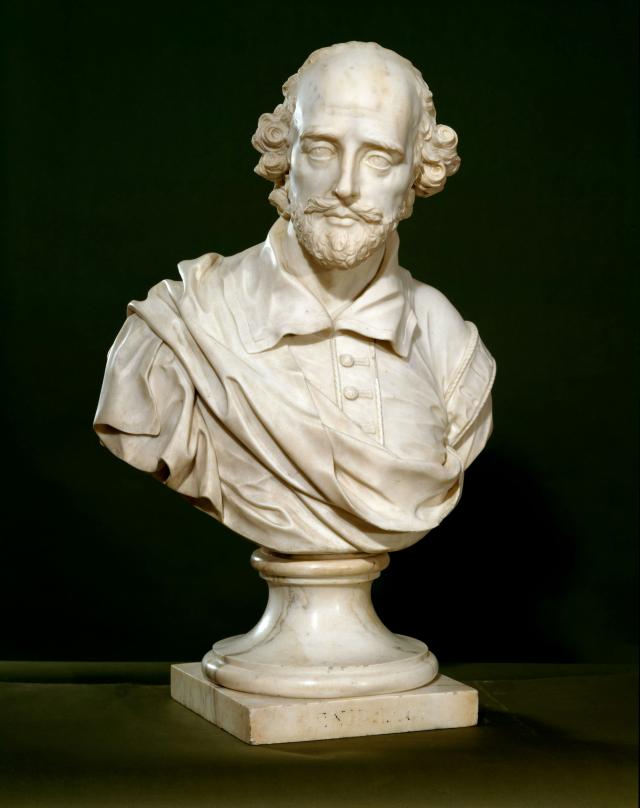In the 18 th century one of the pastimes of the times was to pay a visit to a mental institution to view the incarcerated inmates, like a human zoo. Institutions like Bethlam, Royal Hospital or Bedlam as it was known, encouraged this practice, initially as a source of revenue.
Eventually, as more understanding and better treatment of the mentally ill evolved, this practice was discontinued.
It is tempting to draw a parallel between that early form of voyeuristic entertainment and the reality show phenomenon that is Married at First Sight (MAFS) but of course for those taking part in this so called ‘social experiment’ it is a personal choice to participate.
But although there is no suggestion of mental illness among the participants, there nevertheless appears to be vulnerability.
Last Friday was International Women’s Day, a day to reflect on the achievements of women, its theme ‘to inspire inclusion’ and encourage everyone to recognize the unique perspectives and contributions of women from all walks of life.
Federal government announced that from
next year superannuation would be included in paid parental leave as a step towards gender equality for women.
But the media coverage was muted and there was little public discussion.
Instead, on Sunday night, millions of Australians watched Nine’s Married at First Sight the program that has been dominating all ratings across the board, season after season.
The format is to bring together couples that have never met before but have been paired by a panel of experts (a sexologist, two relationship counsellors) as being compatible, put them through a sham wedding and then let the cameras roll as they respond to the many manipulations engineered by producers and the experts.
The success rate of resulting long lasting relationships is very low while the emotional readjustments after the show ends have been often painful and damaging.
This program has faint echoes of traditional match making which is still practiced in some cultures and even today in Australia there is a demand for matchmakers among some ethnic groups as the current program on SBS shows.
While most believe arranged marriages to be coercive the program shows that approached ethically and with cultural sensitivity there can
be happy endings. In the case of MAFS, carefully called ‘an experiment,’ the overriding aim is for high ratings to lure sponsors.
The two most pertinent questions are: why are we still watching? And why are there people still wanting to participate?
The first may be related to my opening remarks We are still drawn in by the voyeuristic prurient need to peek behind closed doors.
Maybe in a society where the village well no longer exists to share in the gossip of the day this now serves instead.
And, of course, we all like to revel in the discomfort of others or as the Germans call it, Shadenfreude: the getting of pleasure from someone else’s misfortune as we watch a hapless participant getting drunk or finding herself/himself seen in a less than flattering light.
A Nine spokesperson defended the show and its year in year out popularity because ‘it continues to become part of the cultural conversation that captures the Zeitgeist.’
Have we then become a harsher, shallower, angrier, more divided society where the traditional means of finding love are no longer there?
Marriage has certainly undergone change, many choosing to forego the formality of marriage and choose to live as partners.
But there are still many who regard the coming of two people together as one as a sacrament and undoubtedly would find MAFS sham weddings as deeply offensive.
It is too easy to make value judgments about those who participate or to slot them into a particular demographic, but it is obvious that there are certain shared characteristics, both in the men and women: certain body types prevail, cosmetic enhancements seem obvious in
most, as is the universal prevalence of being ‘inked up’.
Tattoos , both visible and hidden abound.
But why after so many painful experiences and the difficulties in picking up their lives post MAFS, do so many still apply to be part of this experiment?
Producer Tara McWilliams admitted: ‘It’s a bit of a mystery, in some ways, as to why people are so open and honest on such a public platform, but we’re very grateful they are.’
Surely, the participants must be aware that they are being exploited and are ready to accept it.
But are they all aware of the manipulation the obvious distorting the truth to suit the narrative.
The deliberate setting up of potential conflicts in alcohol fuelled dinner parties and other settings.
Then clever editing can result in something totally different to what was intended.
We also live in a culture where there is a craving for public validation, the seeking of ‘fifteen minutes of fame’ which promotes the cult of instant and mostly undeserved celebrity status.
One should question the ethics behind the selection process, how the participants are chosen.
One mustn’t forget that programs like MAFS draw huge advertising revenue while at the same time have much lower costs than those who produce drama.
Participants in reality shows are more cost effective than actors and writers.
As well these shows allow the networks to comply with the required 55 per cent Australian content between 6am and midnight on primary channels.
Ultimately we must question the ethics behind MAFS and indeed other reality programs and their obligation to safeguard the welfare of participants from being humiliated just to create a conflict for the titilation of viewers.
Perhaps we should also ask ourselves how different are we from those who visited Bedlam for entertainment back in the 18th century.
Let’s leave the last words on marriage to Shakespeare.
Sonnet 116 by William Shakespeare
“Let me not to the marriage of true minds
Admit impediments. Love is not love
Which alters when it alteration finds,
Or bends with the remover to remove:
O no! it is an ever-fixed mark
That looks on tempests and is never shaken;
It is the star to every wandering bark,
Whose worth’s unknown, although his height be taken.
Love’s not Time’s fool, though rosy lips and cheeks
Within his bending sickle’s compass come:
Love alters not with his brief hours and weeks,
But bears it out even to the edge of doom.
If this be error and upon me proved,
I never writ, nor no man ever loved.”







